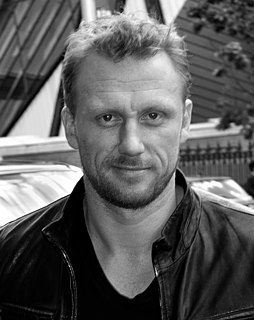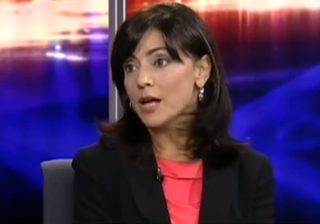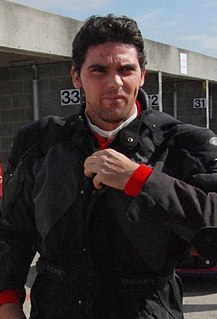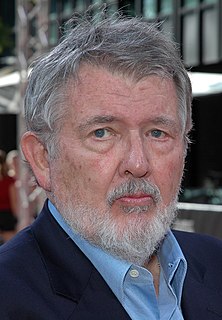A Quote by Chiwetel Ejiofor
I still have to say that I did 'Dirty Pretty Things' 11 years ago. That was a very sudden shift in my life and my relationship to my work, and it didn't feel it was impossible to make a film like that.
Related Quotes
Those are the ladies sitting in church. And in the same way that they might feel a joy and release on Sunday, they are still going to work on Monday. And that's who I was listening to during this process. And if at the end of my presidency they feel like I did a pretty good job, then I'll feel pretty good.
I have information about things that our government has lied to us about. I know. For example, to say that since the fall of the Soviet Union we ceased all of our intimate relationship with Bin Laden and the Taliban - those things can be proven as lies, very easily, based on the information they classified in my case, because we did carry very intimate relationship with these people, and it involves Central Asia, all the way up to September 11.
From the very beginning, all of my films have divided the critics. Some have thought them wonderful, and others have found very little good to say. But subsequent critical opinion has always resulted in a very remarkable shift to the favorable. In one instance, the same critic who originally rapped the film has several years later put it on an all-time best list. But of course, the lasting and ultimately most important reputation of a film is not based on reviews, but on what, if anything, people say about it over the years, and on how much affection for it they have.
All of my plays have puzzled some people, and I'm happy to say delighted a few, but a lot of people have just not seen how quite to look at them. And this film... if you like my writing, you'll like this film. If you don't, you won't like the film. It's pretty faithful to - it's a pretty uncompromising presentation of my way of seeing things, I suppose.



































